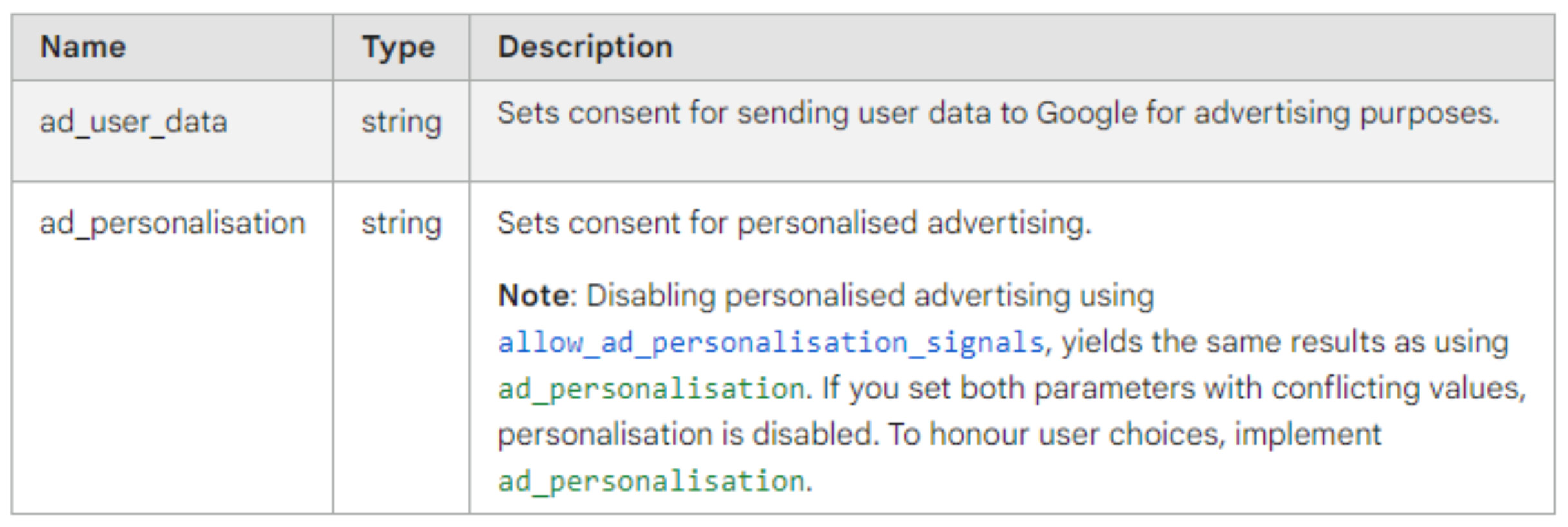
We all know that cookies are essential in collecting data from users in the European Economic Area (EEA) and making sure you provide the necessary options and information to comply with Google’s consent mode is a must. But keeping up with the changes is not easy; rest assured though, we’re here to help.
NB: This is an article from 80 Days
Subscribe to our weekly newsletter and stay up to date
You may have heard that from March 6th 2024, Google Consent Mode v2 will be mandatory for all websites that use Google services.
Let’s discuss what Google’s Consent Mode v2 means, why the new version is coming out now, how this affects your website and marketing efforts and what actions you need to take to guarantee your website complies with the new version. And since your attention is already on your cookie set-up, we’ve also included some SEO best practices for cookie banners.
What is Google’s Consent Mode v2?
Google have updated the consent mode API to include two additional parameters to complement the existing ad_storage for advertising cookies and analytics_storage for analytics cookies. See these below:

Why is the new consent mode version coming out now?
Privacy and user data protection has been an important topic in digital marketing for quite some time now, so Google strengthening the enforcement of their EU user consent policy (introducing consent mode v2) doesn’t come as a surprise. For example, one of the benefits of the introduction of Google Analytics 4 (GA4) in July 2023 was that the platform is privacy-centric, giving more flexibility of data controls to meet user privacy requirements and regulations.
What will be affected?
Essentially Google will no longer be able to collect data about EEA users from advertising platforms, such as Google Ads and Google Analytics if Consent Mode v2 is not implemented by 6th March 2024. This will affect audience lists and remarketing, restricting the ability to run personalised advertising. Setting up Enhanced Conversions in Google Ads can mitigate this data loss will allow the advertiser to only collect customer data (e.g. email, phone number, demographic data) if the user consents and then send hashed user information to GA4 to report on conversions.






